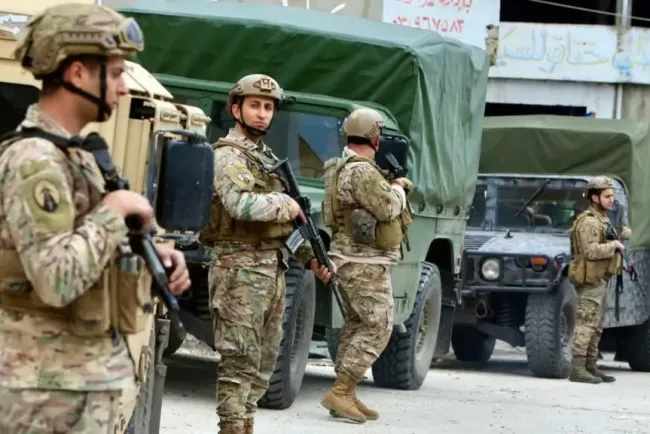Climate Change Poses a Dire Threat to Global Blood Supply
A recent study reveals alarming connections between climate change and the world's blood supply, highlighting how extreme weather events can jeopardize donations, transport, and transfusion safety. As climate-related disasters become more frequent, the need for blood increases while the supply diminishes, creating a precarious situation for healthcare systems worldwide.
The research, published in The Lancet Planetary Health, underscores the dual impact of climate change: more extreme weather can lead to an uptick in demand for blood at the same time as it simultaneously disrupts blood donations. Events such as storms, floods, heatwaves, and wildfires can halt blood drives and block transportation routes, significantly reducing the number of available donations. For instance, last year alone, hurricanes and wildfires in the United States resulted in over 100 canceled blood drives, leading to thousands of lost donations.
As the demand for blood rises during emergencies, the shrinking donor pool poses a severe risk to patient care. The study notes that rising temperatures are linked to the spread of diseases like West Nile virus, Zika, and dengue fever, which further limit eligibility for blood donations. Individuals infected with these illnesses are unable to donate, creating a compounded crisis during outbreaks when blood centers may also close, as seen during the COVID-19 pandemic.
This groundbreaking study is the first to examine the global implications of climate change on blood supplies, indicating that these challenges are likely to intensify as climate change progresses. Experts advocate for proactive measures, including the implementation of early warning systems for disasters and better forecasting of blood needs, to mitigate these risks and protect lives.
As the intersection of climate change and public health becomes increasingly evident, it is crucial to address these vulnerabilities in the blood supply chain to ensure safety and availability for those in critical need.
What's Your Reaction?















